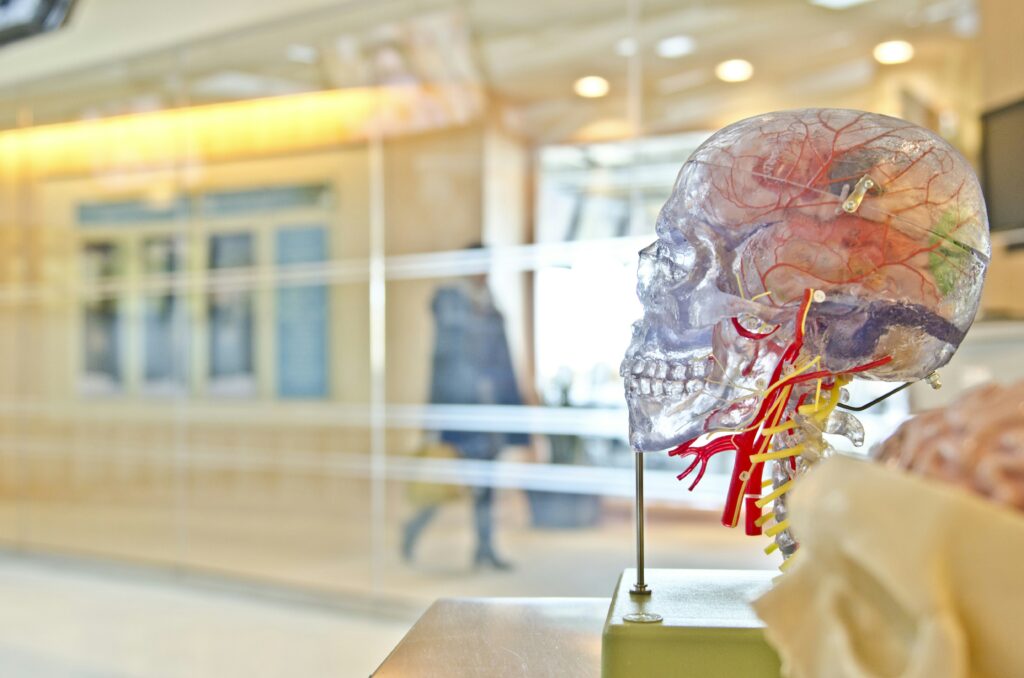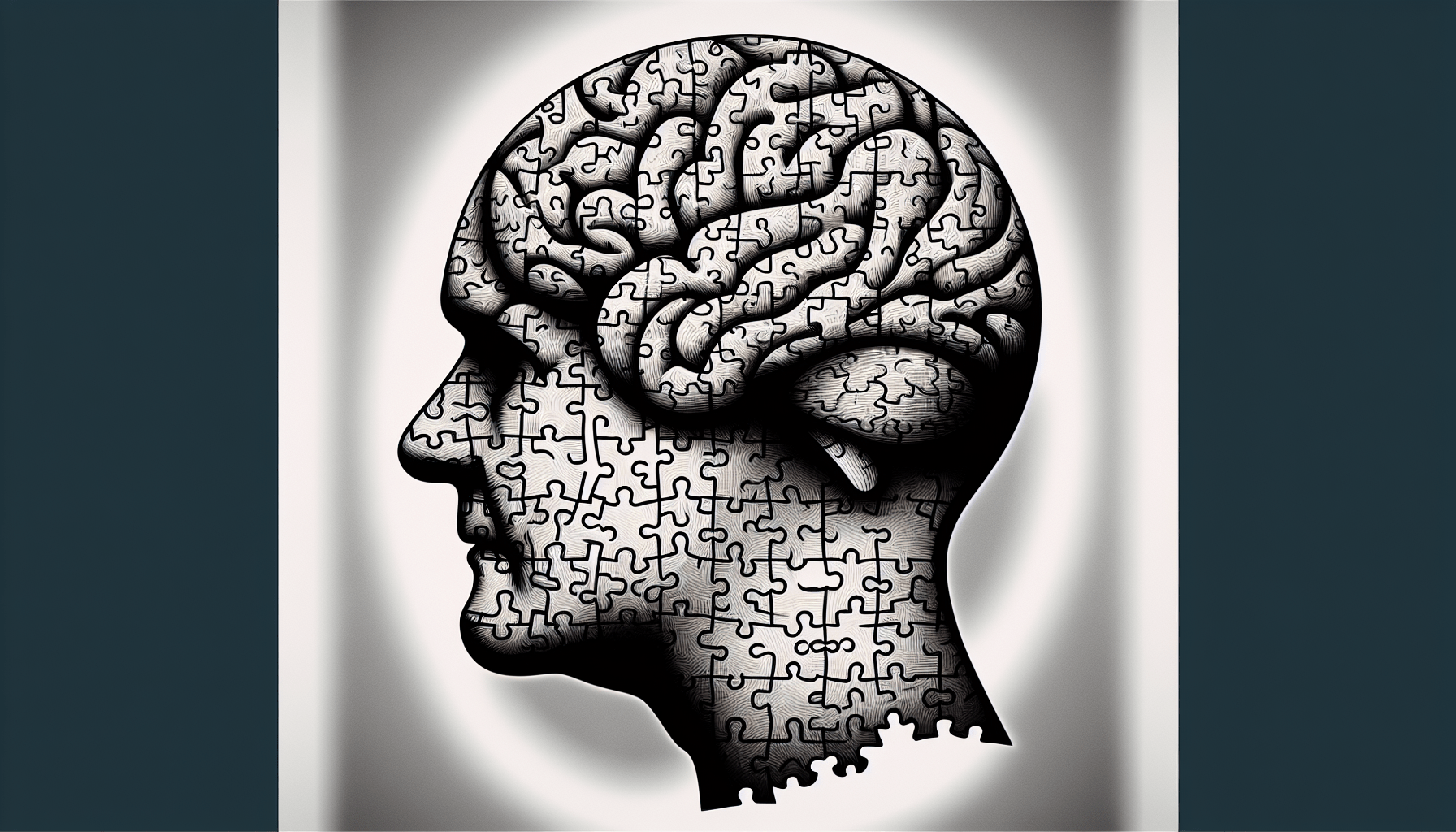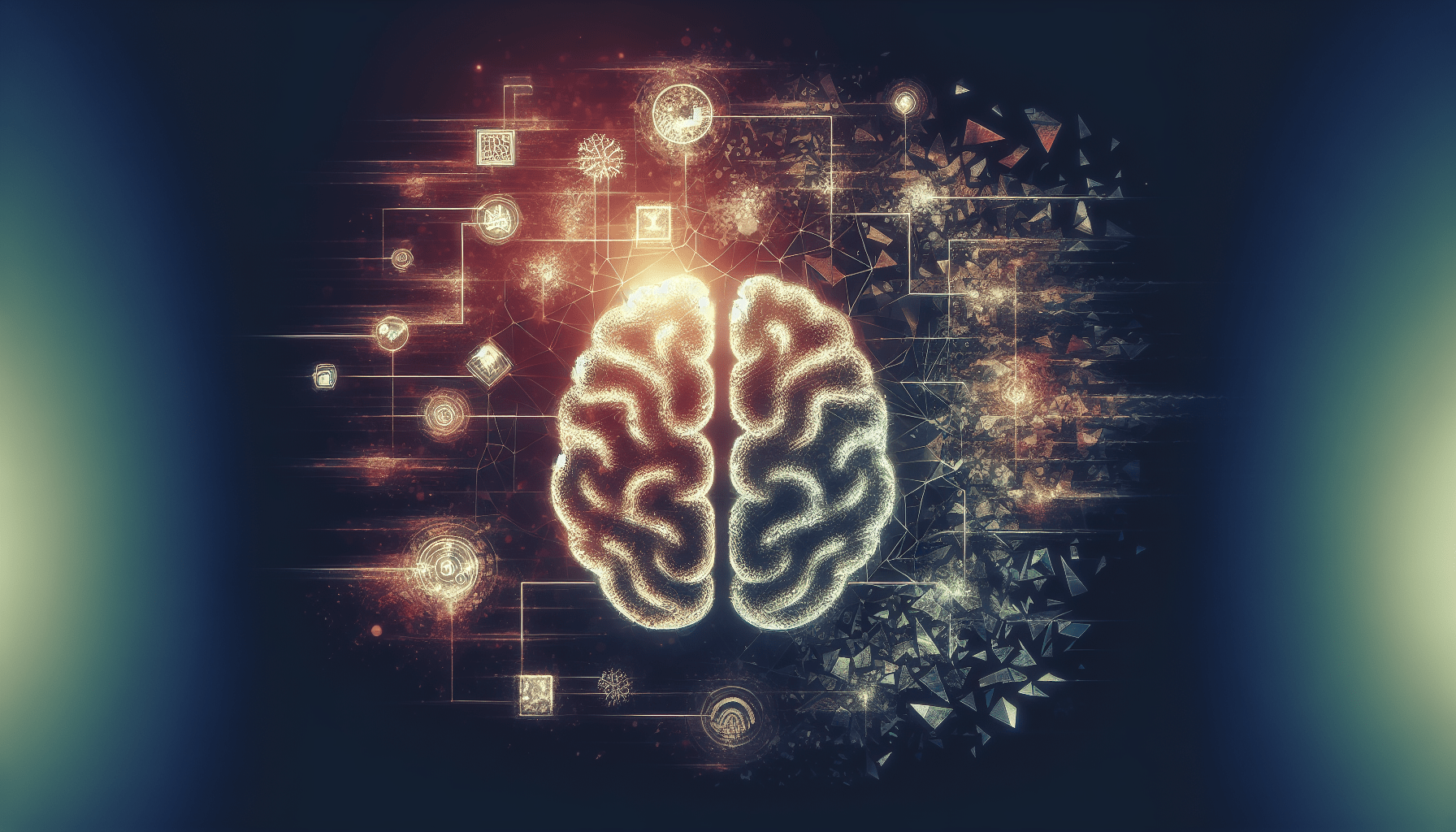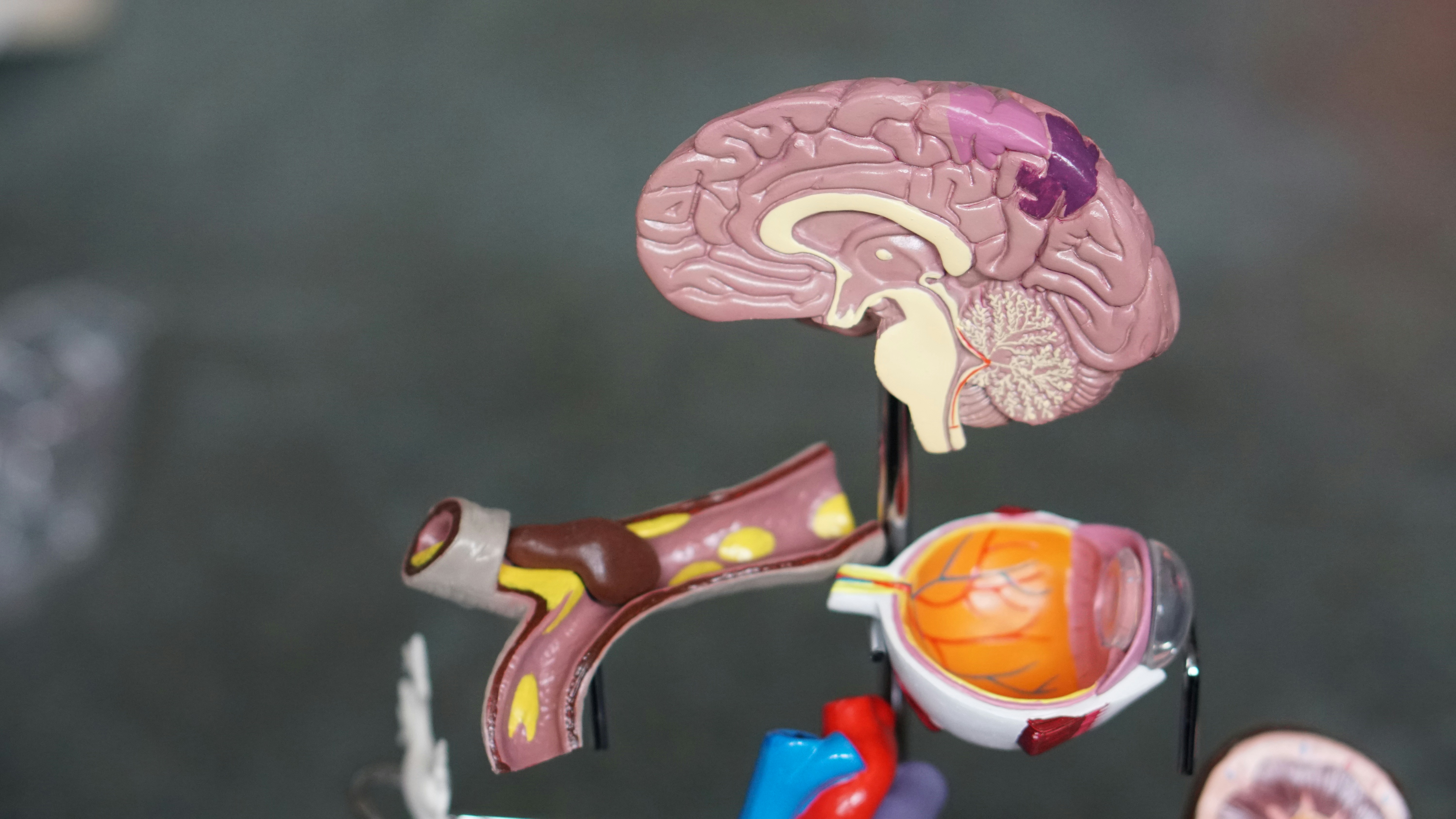Can dementia affect judgment and decision-making? This question carries significant weight, especially for those who have a loved one diagnosed with this condition or are themselves experiencing its early signs. This article aims to provide a thorough understanding of how dementia impacts these cognitive abilities, how you or your loved ones might be affected, and what can be done to manage these challenges.
Understanding Dementia and Its Types
Dementia isn't a single disease; it's an umbrella term that encompasses a range of medical conditions, including Alzheimer's disease, vascular dementia, Lewy body dementia, and frontotemporal dementia, among others. Each type affects the brain differently, but they all share a common outcome: the progressive decline in cognitive functions.
Alzheimer's Disease
Alzheimer's is the most common type of dementia and typically starts with mild memory loss. However, over time, it can impair various cognitive abilities, including judgment and decision-making. As the disease progresses, it affects the brain's ability to process information, solve problems, and accurately assess situations.
Vascular Dementia
Caused by reduced blood flow to the brain, vascular dementia often results from stroke or a series of mini-strokes. Its impact on cognitive functions, including judgment and decision-making, depends largely on which parts of the brain are affected and the extent of the damage.
Lewy Body Dementia
This form of dementia is characterized by abnormal protein deposits in the brain, which affect its function over time. Patients with Lewy body dementia often experience fluctuations in attention and alertness, significantly affecting their ability to make sound decisions.
Frontotemporal Dementia
This type of dementia involves the frontal and temporal lobe regions of the brain, which are responsible for personality, behavior, and language. People with frontotemporal dementia often exhibit drastic changes in judgment and decision-making early in the disease course.
How Dementia Affects Judgment and Decision-Making
Judgment and decision-making are complex processes that involve various cognitive functions such as memory, attention, executive function, and emotional regulation. Dementia often disrupts these processes, leading to significant challenges.
Memory Impairment
One of the most noticeable effects of dementia is memory loss. This impairment hampers your ability to recall past experiences, which is critical for informed decision-making. For instance, if you can't remember previous outcomes of certain actions, it becomes challenging to choose the best course.
Attention Deficits
Attention is necessary for processing information effectively. Dementia often disrupts this ability, making it difficult to focus on tasks or conversations. This lack of focus can lead to poor judgment because you're not adequately considering all relevant details.
Executive Dysfunction
Executive functions are higher-level cognitive skills that include planning, problem-solving, and controlling impulses. People with dementia often struggle with these skills, making it challenging to weigh pros and cons, foresee consequences, and make sound decisions.
Emotional Dysregulation
Emotions play a significant role in decision-making. Dementia can affect emotional regulation, leading to impulsive decisions driven by fluctuating moods. A person may exhibit overreactions or inappropriate responses to situations, further complicating their decision-making process.
Practical Examples of Impaired Judgment and Decision-Making
To better understand how dementia affects judgment and decision-making, let's look at some practical examples:
Financial Management
Money management requires various cognitive skills, including mathematical ability, attention to detail, and long-term planning. Dementia can severely impair these skills. A person may forget to pay bills, fall victim to scams, or make unwise financial decisions, endangering their financial well-being.
Safe Driving
Driving relies on quick judgment, spatial awareness, and the ability to respond to changing conditions. Dementia can affect these abilities, making it hazardous for someone to drive. They may miss stop signs, fail to notice other vehicles, or make unsafe turns.
Healthcare Decisions
Dementia can also impact a person's ability to make informed healthcare decisions. They might forget to take medication, misunderstand medical advice, or struggle to weigh the benefits and risks of treatment options.
Social Interactions
Good judgment is crucial for social interactions. Dementia can lead to inappropriate behavior, misunderstandings, and conflicts in relationships due to poor decision-making abilities.
Early Signs of Impaired Judgment and Decision-Making
Recognizing early signs of impaired judgment and decision-making is crucial for managing dementia effectively. Here are some common indicators:
Increased Risk-Taking
A person may start making unusually risky decisions, such as gambling excessively, engaging in unsafe activities, or investing in dubious schemes.
Poor Financial Decisions
They might mishandle money, spend large sums on unnecessary items, or fall for telemarketing scams.
Social Withdrawal
Due to poor judgment, the individual may start withdrawing from social activities, making it harder for others to notice changes in their behavior.
Neglect of Personal Care
Impaired decision-making can lead to neglect in personal hygiene, medical care, and nutrition.
Strategies for Managing Impaired Judgment and Decision-Making
While dementia is progressive and currently has no cure, there are strategies you can use to manage its impact on judgment and decision-making.
Simplify Choices
Reduce the number of decisions the person needs to make daily. Simple, clear choices are easier to manage and reduce the cognitive load.
| Task | Simplified Approach |
|---|---|
| Dressing | Lay out two outfits to choose from |
| Meals | Offer a choice between two pre-prepared meals |
| Activities | Provide two or three options, such as watching TV or gardening |
Create Routines
Having a routine can help reduce the stress and confusion associated with decision-making. Establish regular times for meals, medication, and activities.
Supervise Medication
Ensure that medications are taken correctly by using pill organizers, setting alarms, or taking over the administration responsibilities.
Limit Financial Access
To protect their finances, consider setting up joint accounts, using automatic bill payments, and limiting access to debit and credit cards.
Encourage Social Interaction
Engage them in regular social activities to provide mental stimulation and emotional support, helping to reduce the negative impact of impaired judgment.
Legal and Ethical Considerations
Dealing with the legal and ethical aspects of dementia requires thoughtful planning and respect for the individual's autonomy.
Power of Attorney
Establishing a power of attorney early in the disease process ensures that a trusted person can make decisions on behalf of the individual when they're no longer able to do so.
Advance Directives
Discuss and document healthcare preferences early. This can include decisions about life-sustaining treatments, preferred living arrangements, and end-of-life care.
Ethical Guidelines
While making decisions for someone with dementia, it's critical to respect their dignity and independence as much as possible. Involve them in decision-making to the extent that they are capable and comfortable.

Support Systems and Resources
You don’t have to face this journey alone. Various support systems and resources can provide assistance.
Support Groups
Joining support groups for people with dementia and caregivers can offer emotional support and practical advice. These groups allow you to share experiences and learn coping strategies.
Professional Help
Consult healthcare providers, social workers, and financial advisors specializing in dementia care. They can offer invaluable guidance tailored to your situation.
Community Resources
Many communities offer services such as adult day care, respite care, and transportation services designed for people with dementia. Utilize these resources to lighten the caregiving load and provide a stimulating environment for your loved one.
Online Resources
Numerous websites and forums offer information, support, and tools to help manage the challenges of dementia. They provide a platform for connecting with experts and others going through similar experiences.
Future Research and Innovations
The field of dementia research is continually evolving, bringing hope for better management and treatment options.
Biomarkers and Early Diagnosis
Advances in biomarkers may allow for earlier and more accurate diagnosis, enabling more timely interventions aimed at preserving cognitive functions, including judgment and decision-making.
Cognitive Training
Ongoing research into cognitive training and rehabilitation offers promising avenues for maintaining and even improving cognitive skills in dementia patients.
Technological Innovations
Innovative technologies like AI-driven monitoring systems, wearable devices, and smart home technologies can help manage daily tasks, enhance safety, and provide valuable data for caregivers and healthcare providers.

Wrapping Up
Dementia profoundly affects judgment and decision-making, complicating daily life for those diagnosed and their caregivers. Understanding how these cognitive abilities are impacted, recognizing early signs, and employing effective management strategies can make a significant difference. Seeking legal protections and building a strong support system are also critical in navigating this journey. With ongoing research and technological advancements, there's hope for improved care and better quality of life for those affected by dementia.



